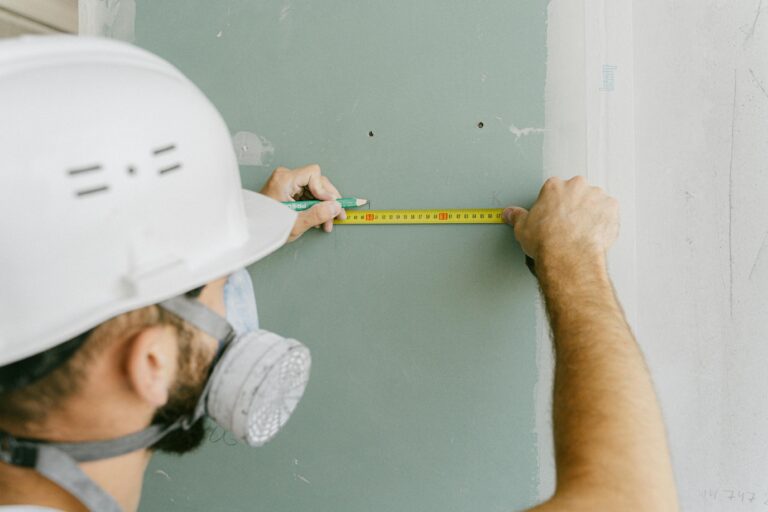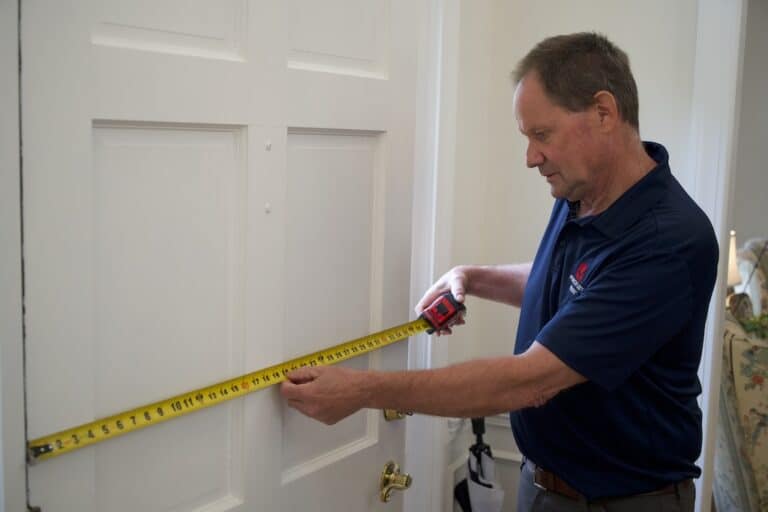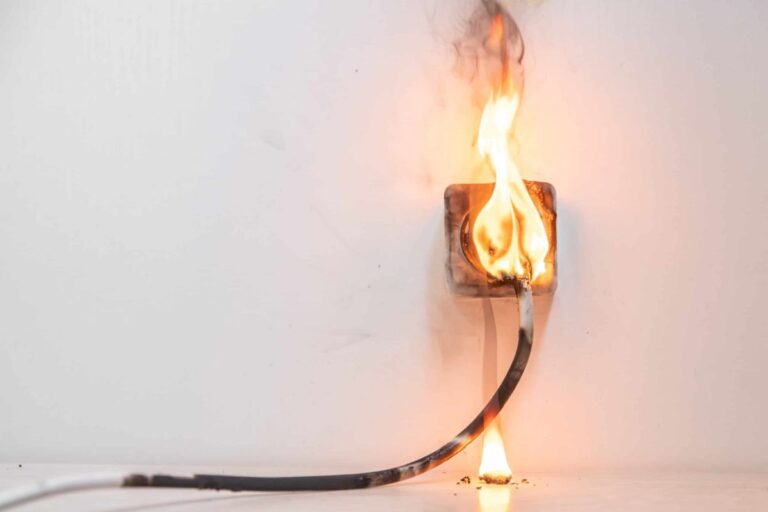Snow in the Southern United States of America is not a very common situation. So when it does happen, or even if it is merely forecasted that there could be snow, it is often quite a big deal.
If you are from colder climates, you may think that a dusting of snow, a quarter of an inch of ice, or even a few inches of snow shouldn’t be a problem. And up North, that is generally true. It takes a true blizzard to slow things down in those areas.
Snow and Ice in the North VS. the South
Up North, towns, cities, and states have the equipment they need to clear the roads. Drivers have experience with snow and ice. They may even have snow tires and more people invest in 4-wheel drive vehicles to tackle wintery conditions. They tend to have snow shovels and usually winterize their homes. They have sand and ice melt already on hand to clear driveways, steps, and sidewalks.
But in the South, things are different. Because snow is so unusual, sometimes there is a bit of a panic. As soon as snow is forecast, buyers storm the grocery stores. Within a few hours, there is nary a loaf of bread or gallon of milk to be found. This can be a problem if you happened to run out of food around that time and didn’t realize supplies would run thin.
Schools often immediately shut down when snow is mentioned in the forecast. Many businesses close.
There have also been a few unfortunate situations where snow fell unexpectedly and quickly and thousands of people ended up trapped on highways and roadways—sometimes for a few days, as happened in Atlanta in 2014. People were stuck in place on the road with no food, no medicine, no toilet facilities, no baby formula, etc… Others were stuck at work, sleeping on the floor for several days.
We don’t want anyone to experience such a nightmare ever again.

Tips for Surviving an Ice Storm or Snowstorm in the South
Many of the tips we will share are important to use for snowstorms anywhere. We will also share some important considerations that are particularly important in the southern United States.
In the fall, prepare for potential winter weather ahead of time
Make sure all your vehicles, your home, and your pantry are ready—just like you would prepare for hurricane season.
Prepare your car for winter.
- Winterize your car.
- Buy supplies like sand, kitty litter, Ice Melt, or Snow Joe for the driveway.
- Keep an emergency kit in your car.
- Consider snow tires/winter tires if you are in an area that is more prone to snow. Or at least, consider all-weather tires.
- A 4-wheel drive vehicle can be very handy on ice, snow, or mud.
Prepare your home for winter.
- Invest in a generator. Generators can be handy in the event of a hurricane, ice storm, or if there is an issue with the power grid. Visit our partnering company, Sunrise Electric, to have them install a backup generator.
- Install working smoke detectors and carbon monoxide detectors and change their batteries every fall and spring (unless you have a 10-year battery).
- Winterize your home to keep out cold drafts and to keep as much warm air inside as possible.
- Have your chimney inspected and cleaned before winter.
- Clean your gutters, or have them cleaned for your safety, and make sure your roof is in good shape before winter.
- Buy sand, kitty litter, or ice melt to keep sidewalks and driveways ice-free.
- A wood stove could come in handy should the power go out. You can cook on it and provide warmth to the room.
Create an emergency kit for your home.
Suggestions from the American Red Cross for a survival kit include things like:
- Lighters or matches
- Batteries
- Emergency radio
- Flashlights
- Warm clothing and blankets
- Basic emergency preparedness kit
Prepare emergency pantry supplies and medications
It’s always wise to have some extra non-perishable food on hand for emergencies. In case of hurricanes, blizzards, ice, power outages, COVID lockdowns, or supply issues, you and your family will be able to eat even if stores are closed for a while.
Make sure you have a few weeks worth of non-perishable (shelf-stable) items like:
- Canned foods like soups, stews, meats, and vegetables.
- freeze-dried food
- Pasta and rice
- Peanut butter and crackers
- Oatmeal, cream of wheat, and grits
- Cereals
- Baby food and baby formula
- Granola bars
- Boost, Ensure, or other canned/bottled liquid nutrition
- Canned or dry pet food
Try to stock up on any necessary prescription medications, over-the-counter medications, or first aid supplies your family and pets may need for the next few weeks. If a state of emergency has been declared in your area, your pharmacy should be able to fill your prescriptions a bit earlier than usual.

Right before the snow hits
Once snow or ice is in the forecast for your area, take some time to wrap up any of these loose ends so you and your family are ready, just in case it ends up being worse than expected.
- Turn on all the water faucets to a slow drip to prevent frozen pipes if temperatures will be below freezing.
- Wrap any outdoor pipes that may be prone to freezing. No one needs a ruptured pipe and a flood in or under their home.
- Be sure you are stocked up with plenty of food and water for everyone in your household and pets. We recommend going to the grocery store sooner rather than later if you hope to find the food items you need.
- Check on neighbors to make sure they have what they need.
Prepare for power outages.
- Buy fuel for your generator ahead of time.
- Be sure your generator is in good working order.
- Consider purchasing a kerosene heater.
- Invest in some solar chargers or solar-powered gadgets and lights.
- Charge important electronic devices.
During the snowstorm
Here are our tips to help you manage a winter weather event safely in the South. It’s unlikely you will experience heavy snow, but that can happen occasionally. Sometimes without a lot of warning.
Driving tips
Avoid driving if possible.
- In the South, most people don’t have experience on icy roads. Most people don’t have snow tires, either.
- Many southern states don’t have enough equipment to help keep the roads clear and ice-free.
If you must drive:
- Take food, blankets, medical supplies, and bags of sand or kitty litter with you (to pour on the ice near your tires to help you regain traction, if needed).
- Slow down and be alert to what other drivers are doing.
- Give yourself extra space ahead of you and beside your vehicle, if possible.
- Watch out for bridges and black ice and other dangerous road conditions.
- Learn how to properly stop with anti-lock brakes on ice and snow and how to manage safely if you begin to slide on the ice while driving. (For more winter driving safety tips from NHTSA, please click here.)
Safety tips
- Avoid carbon monoxide poisoning and don’t place a generator inside your home.
- Use kerosene heaters safely, not placing them within 3 feet of flammable substances or surfaces.
- If the power goes out, unplug electronics to protect them from a potential power surge. Keep the refrigerator and freezer doors closed.
- If power is out for an extended period of time and temperatures are cold enough outside, consider storing perishable food outdoors or in a chilly garage (For government safety tips about storing food safely during a power outage, please click here.)
- Use flashlights rather than candles to prevent fires.
If you need help preparing your home for winter weather in the Columbia, SC area, we’d love to help!
At Punch List Pros, we offer handyman services to make your life easier, including winterizing your home, installing carbon monoxide detectors/smoke detectors, changing the batteries in your detectors, wrapping insulation around pipes, replacing windows and doors, installing storm doors and storm windows, weather stripping, installing shelves for your pantry, and much more.
Especially for those who don’t need to be climbing up on ladders or the roof, please contact us rather than risking a fall and serious injury. We want you to be safe and healthy!
Please contact us today for a quote and more information!
We work in areas all across the Midlands of South Carolina and the Greater Columbia area.
Related
Winterizing Your Home Saves Money
Home Safety Tips to Protect Your Family
A Home Maintenance Checklist—by Season
For Senior Adults, Using a Handyman Can Prevent Dangerous Falls.
Easy Ways to Improve Your Home’s Security – with a quick home security quiz







